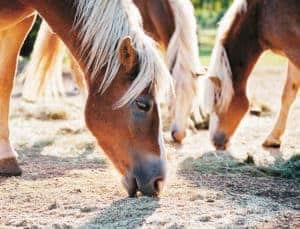
Practicing Science-Based Horse Husbandry
Practical ways to improve your horse’s welfare, based on discoveries from the growing field of equitation science.


Practical ways to improve your horse’s welfare, based on discoveries from the growing field of equitation science.

Which memory system a horse uses each time he learns a task depends on a variety of factors. Here’s what to remember.

Find out how your horse can hurt his neck, risks for injury and disease, and associated therapies, so you can give your horse the best chance for a strong neck and an athletic future.
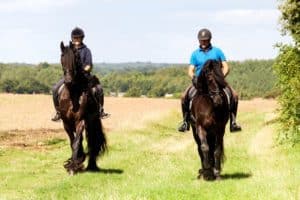
Consider horses’ unique abilities and needs to carry out welfare-friendly, efficient training, one researcher says.

What are your horses’ pasture behaviors telling you and what can you do to help groups live together harmoniously?

French researchers found that the degree of that impairment depends on training method and the individual horse.

What affects a foal’s demeanor and makes him his own, unique self? Let’s have a look at what science has to say.

Researchers hope the test will help them predict laminitis risk based on ponies’ insulin responses to food.

New research has revealed that horses do, in fact, try to intentionally communicate with us to achieve certain goals.
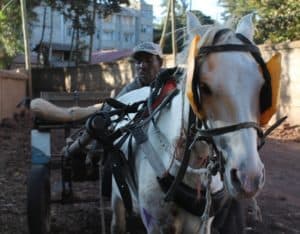
Improving working equids’ health and welfare could help them work longer and better to the benefit of their owners.
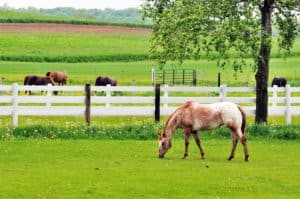
Researchers determined that pregnant mares can abort their fetuses as a stress response to prevent future infanticide.

This practice, some international welfare organizations say, puts the horse in a vulnerable position for injury.
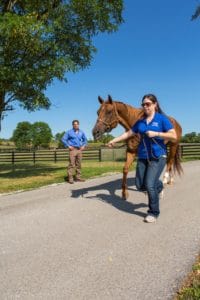
Gait analysis applications on a smartphone can give reliable data to help detect hind limb lameness issues in horses.

Signs of stress dissipated as soon as the crank nosebands came off, suggesting that the horses’ welfare was compromised.

Researchers determined that air-dried sperm can be kept for up to four weeks before being used to produce an embryo.
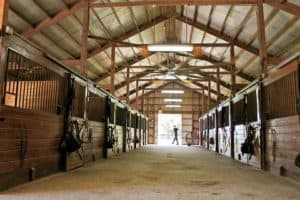
Scandinavian researchers created a stable management tool designed to keep both horses and humans as safe as possible.
Stay on top of the most recent Horse Health news with